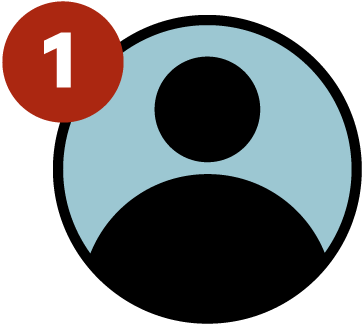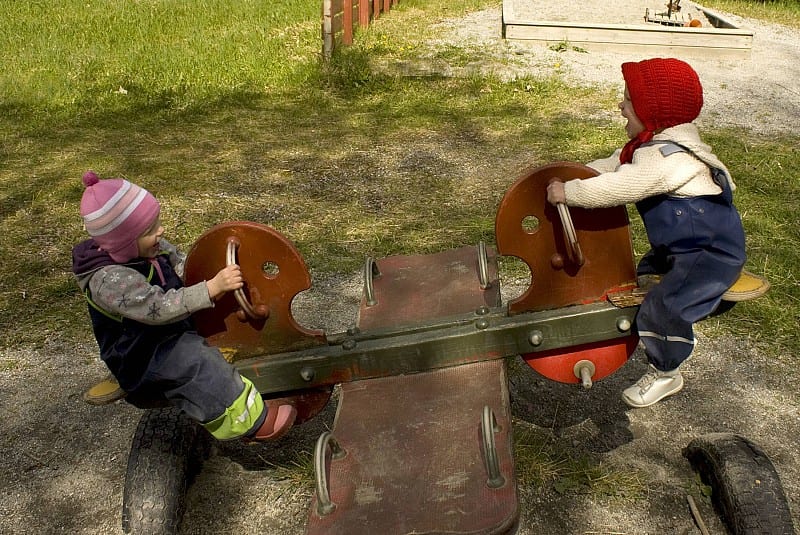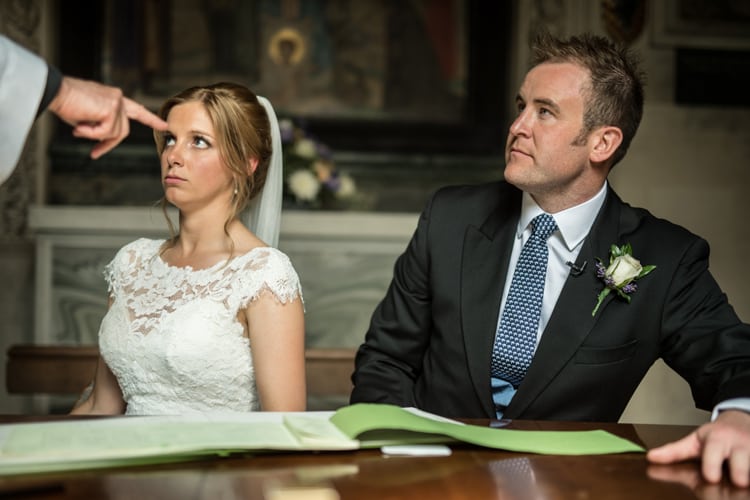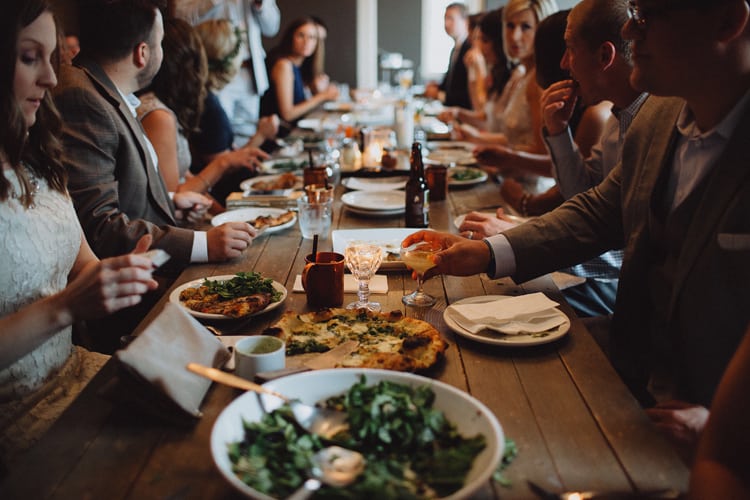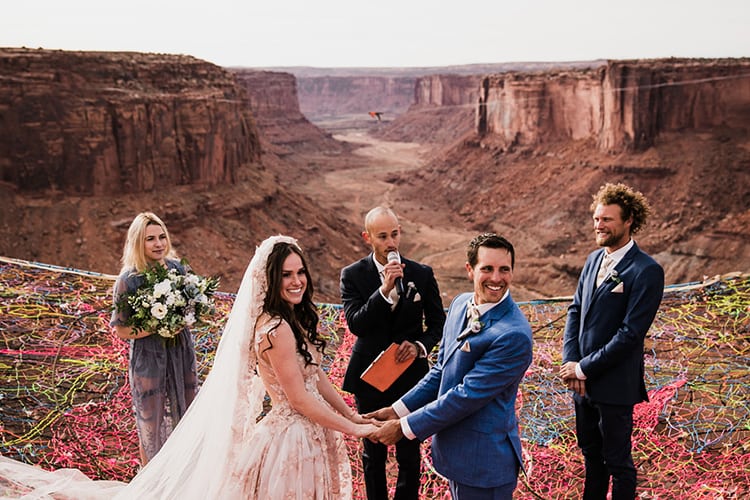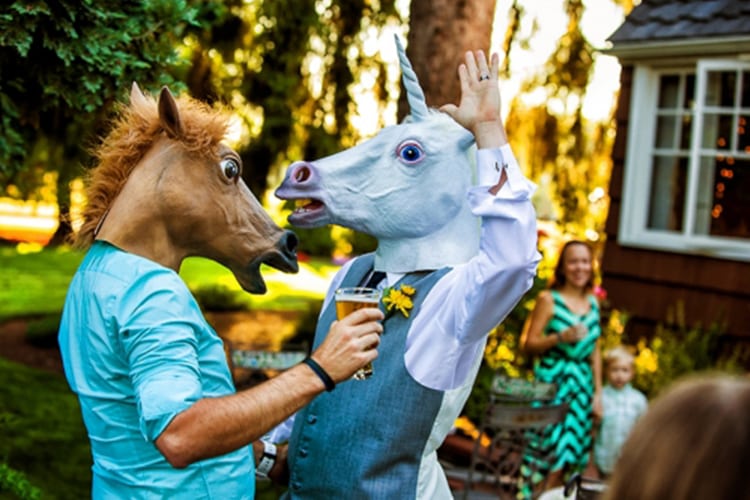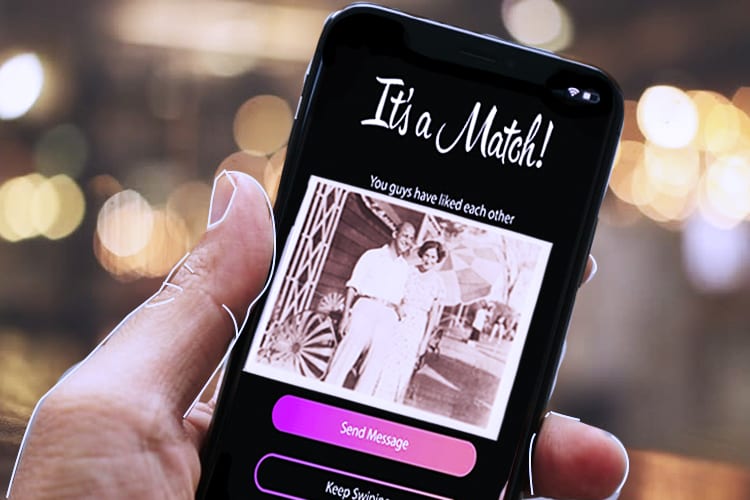
The generational war between Millennials and Baby Boomers has become a mainstream matter over the last couple of months, thanks to the succinct-yet-profound “OK Boomer” meme.
The meme, birthed out of a Tiktok video, sums up a long-standing feud between Boomers (born roughly between 1946-1965) and Millennials (born 1980-1996). Boomers, as the meme promotes, view millennials as over-idealist “children” who do little more than complain about life and reject staples of modern life like cereal — with avocado toast. Millennials, in turn, find boomers to be condescending and dismissive. So many millennials are opting for a more blasé reproach. Hence, the simple and cutting reply: Ok, Boomer.
While meme culture is inherently fleeting, the issue at the heart of OK Boomer encapsulates many underlying sentiments of cross-generational differences deeply rooted in our society. Queue the Blinking White Guy. Or maybe Hellmo is more apt.
At the same time, different generations are in a way, different versions of the same people. Millennials and Baby Boomers can learn a lot from one another on the subject of modern relationships, without any reactionary dissonance or throwing of shade.
In short: When it comes to dating, the older generation thinks conventions were built to last. If it ain’t broke, don’t fix it. In contrast, the younger generation thinks it has all the necessary conventions built right into phones. There’s an app for everything, right? Well, it’s not that easy.
5 Things Millennials Can Learn from Boomers
How to ditch Tinder and go to parties
Once upon a time, cell phones didn’t exist. During these dark days, people actually had to talk to another on a landline (or in person!) if they wanted to arrange a date. Boomers found potential romantic partners mostly through friends or going out to social events.
Socializing in today’s world is different. Millennials use social media and dating apps to meet new people, often found swiping right or left on profiles that don’t always reflect what the real person is like. As of 2019, a whopping 7.9 million people were on Tinder and another 5 million on Bumble, and most conversations on these apps peter out before ever leading to a date.
Online dating culture has left an entire generation in stasis, constantly texting or messaging each other with little result.
While talking on the phone and going out in public are unprecedented nightmares for some, there are benefits. When you start a new relationship, you’re doing so with the actual human, not their profile picture. You can learn a lot about a person through body language and tone, and that’s not something you can get from a screen. Also, there’s a lot less cat-fishing involved.
How to break cell phone addiction
Baby Boomers enjoyed a particular kind of freedom without cell phones. They were able to live in the moment and enjoy a person’s company with undivided attention.
Millennials seem to be preoccupied at every waking moment, obsessed with staying connected to … everything. Having a small computer in your pocket definitely has its perks, but there’s something to be said about breaking that constant contact with the rest of the world. Try going a day without using your phone.
And when it comes to the dating scene, your partner definitely doesn’t want to compete for your attention. Make a habit of turning your phone off or on silent. Listen to what your date has to say and make more eye contact from time to time. People take time to unravel themselves for each other. You will cherish every second you give them to do so. The result will be a connection that is far more satisfying than a new Tiktok video or outrageous tweet.
How to tell if you’re dating someone
Without the confines of constant connection to the internet, Baby Boomers went on real dates. These dates involved leaving the house, making a real connection, and doing something fun with the person they were attracted to.
Today, Millennials don’t even like to call a date a date. You’re often just “hanging out” or “hooking up.” The word date denotes a level of commitment that some people aren’t comfortable with or find mildly terrifying. Being open to possibilities is one thing but avoiding labels is something else entirely.
Operating in a vague world of what-do-we-call-this is detrimental to fostering any type of relationship. It’s time to bring back date night and enjoy it for what it is.
How to overcome the fear of rejection
A pervasive trope holds that older generations have thicker skin than the younger ones, and there seems to be a thread of truth to this. A long time ago when dating was done in person, Baby Boomers ran the risk of being rejected right then and there. Horrifying prospects like these didn’t stop people from dating, though.
Millennials, on the other hand, are often afraid to start anything serious, just in case it all goes wrong in the end. They’re more comfortable residing in a passive state than putting themselves out there. Millennials need to have more confidence in themselves and understand that rejection comes to everyone at some point. That’s the risk with being vulnerable. But that in no way should stop anyone from beginning a new relationship.
How to break up with someone
It’s never easy to break off a serious relationship with someone. There’s usually crying involved and probably a few choice expletives. But even though breaking up is hard to do, Baby Boomers at least knew how to properly call it quits. They would be straightforward about the situation, showing a respect that’s deserved.
Today, “ghosting” has taken over the dating scene, where a person can disappear from your life as if they never even existed. Poof, gone, without any kind of explanation. According to a 2018 study, 71% of men and 82% of women have admitted to making like Casper and ghosting someone. In all seriousness, ghosting is an awful thing to do to another person and arguably worse than the actual break-up itself. Wanting to end a relationship is valid, but Millennials should at least tell the other person why.
5 Things Millennials Can Teach Boomers
How (and why) to marry when you’re older
During the 1960s, the average age that men and women were getting married was 23 and 21, respectively. Baby Boomers were settling down very early because marriage was seen as a necessity precedent to adulthood.
Today, the average age of people getting married in the U.S. sits at 30. There has been a dramatic shift in the way that we understand marriage and its perceived benefits. More and more Millennials are choosing to focus on secondary education and careers, treating marriage as a commodity and something that they can put off for a while. Getting married and settling down early may work well for some couples, but choosing to marry later in life might be more beneficial in the long run.
How to not have kids
Along with getting married at a young age, Baby Boomers started a family earlier on. The average couple welcomed their first child in their early 20s, a prospect that seems unthinkable in today’s age. Now couples are opting for “furbabies” before or instead of having children. According to Forbes, out of all the pet-friendly households across the country, 57% of them are Millennials.
Taking care of pets is simpler and fits better into the working Millennial lifestyle. Millennials have stuff to do; their task lists are boundless and caring for children is an enormous responsibility. Whether it’s personal choice or not, there’s less pressure to have kids in society today, allowing for more personal development to take place.
How to practice polyamory
Despite generational ties to the sexual revolution, many boomers have a hard time seeing amorous couplings as anything other than a relationship between two people. If there’s a third person involved, it would be considered cheating. But today Millennials are questioning old conventions and are changing the way we view relationships.
Ethical non-monogamy is on the rise, and that umbrella term encompasses all kinds of situations in which more than two people can enjoy a romantic relationship. According to a study conducted by YouGov, 50% of all Millennials are open to non-monogamy. Societal norms are ever-changing, and who’s to say what’s morally right or wrong if all parties are consenting adults? Live and let live, people.
How to ditch traditional gender roles
Baby Boomers also had a strict sense of who took care of what in society. Women were homemakers and men were breadwinners, so relationships were pretty cut and dry. But Millennials are tossing out many of these archaic notions of gender roles.
Today, more women are in major leadership roles, more men as stay-at-home dads, and many couples work together to make ends meet. The economy plays a huge part in this; have you noticed how expensive rent is for a studio apartment lately? Traditional gender roles are not only detrimental to a person’s well-being, they’re also not a feasible option anymore, and we should all be happy to move past them. According to a study by the Intelligence Group, “more than two-thirds of [Millennials] say gender no longer defines destiny or behavior as it once did.”
Marriage is for everyone
Though the hippie era paraded under the banner of free love and no judgement, homosexuality was still taboo.
Millennials, on the other hand, couldn’t care less. You’re a man who loves a man? Great. You’re a woman who loves a woman? Perfect. You’re a person with a fluid gender identity that loves another person who’s also somewhere in between? That’s cool too. In a survey conducted by GenForward, Millennials appeared to be the most accepting generation of the LGBTQ community. According to young singles, there are more important things to worry about in the world right now than how your anatomy aligns with your daily routine.
Cross-generational divisiveness is nothing new and the negative reactions to the OK Boomer meme only solidifies the growing animosity between Baby Boomers and Millennials. Perhaps both generations will one day put aside their differences and value what each other has to offer. Or maybe Boomers will finally clap back with their own arsenal of memes. Then again, an internet meme war requires a connection to Wifi, and we all know who struggles in that department.

